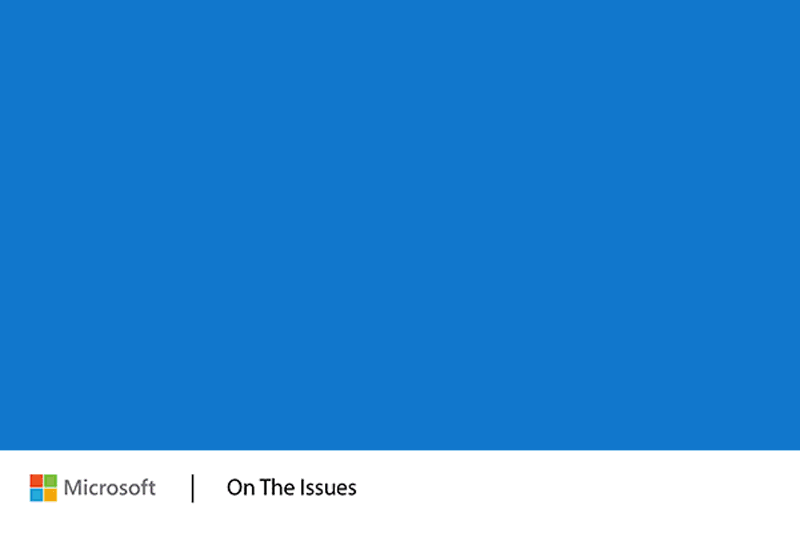In July, Microsoft took legal action against COVID-19-related cybercrime that came in the form of business email compromise attacks. Business Email Compromise (BEC) is a damaging form of cybercrime, with the potential to cost a company millions of dollars. Even the most astute can fall victim to one of these sophisticated schemes. The 2019 FBI cybercrime report indicates that losses from Business Email Compromise attacks are approximately $1.7 billion, which accounts for almost half of all losses due to cybercrime. As more and more business activity goes online, there is an increased opportunity for cybercriminals to target people in BEC attacks and other cybercrime. Their objective is to compromise accounts in order to steal money or other valuable information. As people become aware of existing schemes and they're no longer as effective, the tactics and techniques used by cybercriminals evolve.
To read about how Microsoft is working to protect customers, visit Microsoft on the Issues.
